16 GPTs for Reverse Engineering Powered by AI for Free of 2025
AI GPTs for Reverse Engineering are advanced generative pre-trained transformers designed to assist in the analysis and understanding of complex systems by deconstructing them into simpler, understandable components. These AI tools leverage machine learning to automate the process of reverse engineering, making it more efficient and accessible. They are particularly valuable in fields where understanding the inner workings of software, hardware, or systems is crucial, providing tailored solutions to decode, analyze, and replicate systems for improvement, security analysis, or educational purposes.
Top 10 GPTs for Reverse Engineering are: FridaGPT,ask_ida/c++,Malware Analysis | Reverse Engineering,Ghidra,Reverse Engineering Expert,GaboRE,ask_ida/plugins,HatGPT,ask_ida/Python,Shellus
FridaGPT
Revolutionize Reverse Engineering with AI-Powered Scripting
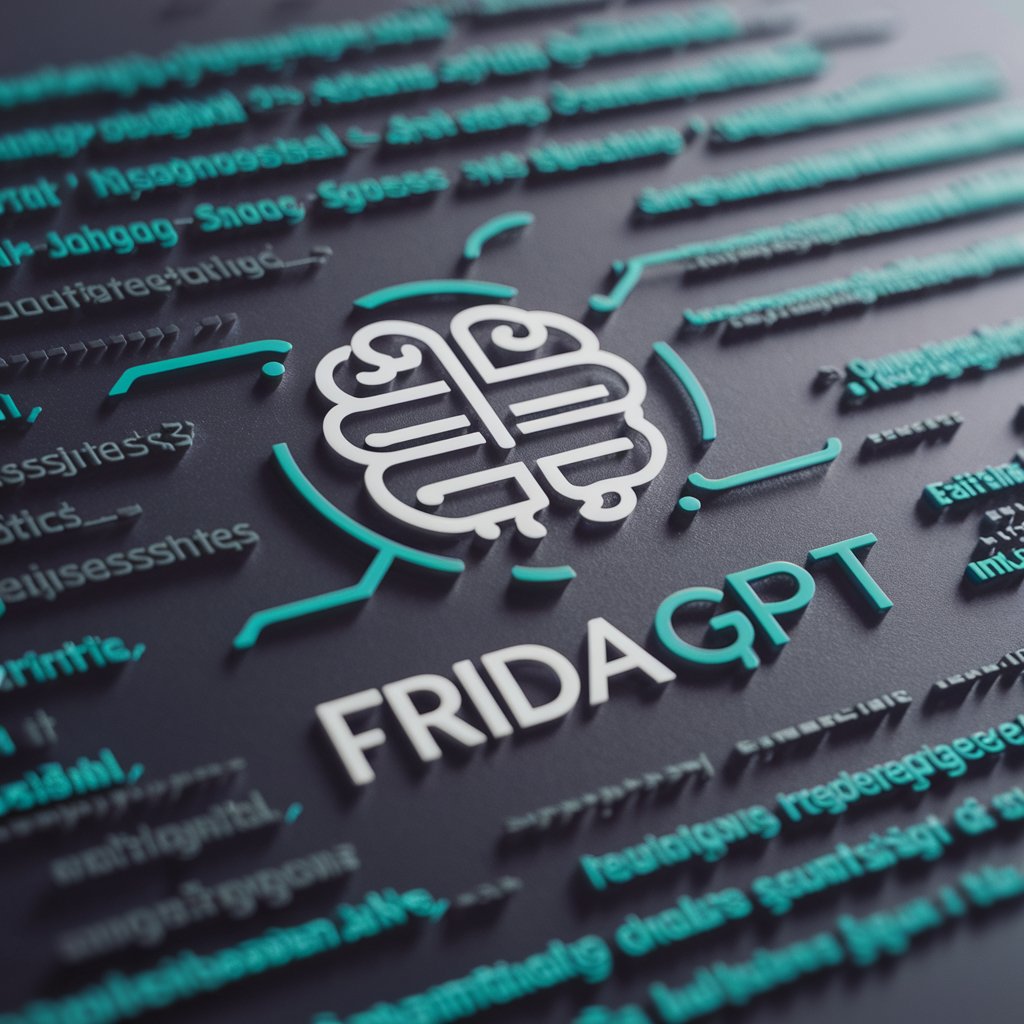
ask_ida/c++
Empower Your IDA Experience with AI

Malware Analysis | Reverse Engineering
AI-driven malware and reverse engineering analysis

Ghidra
Unraveling Code, Powering Insights
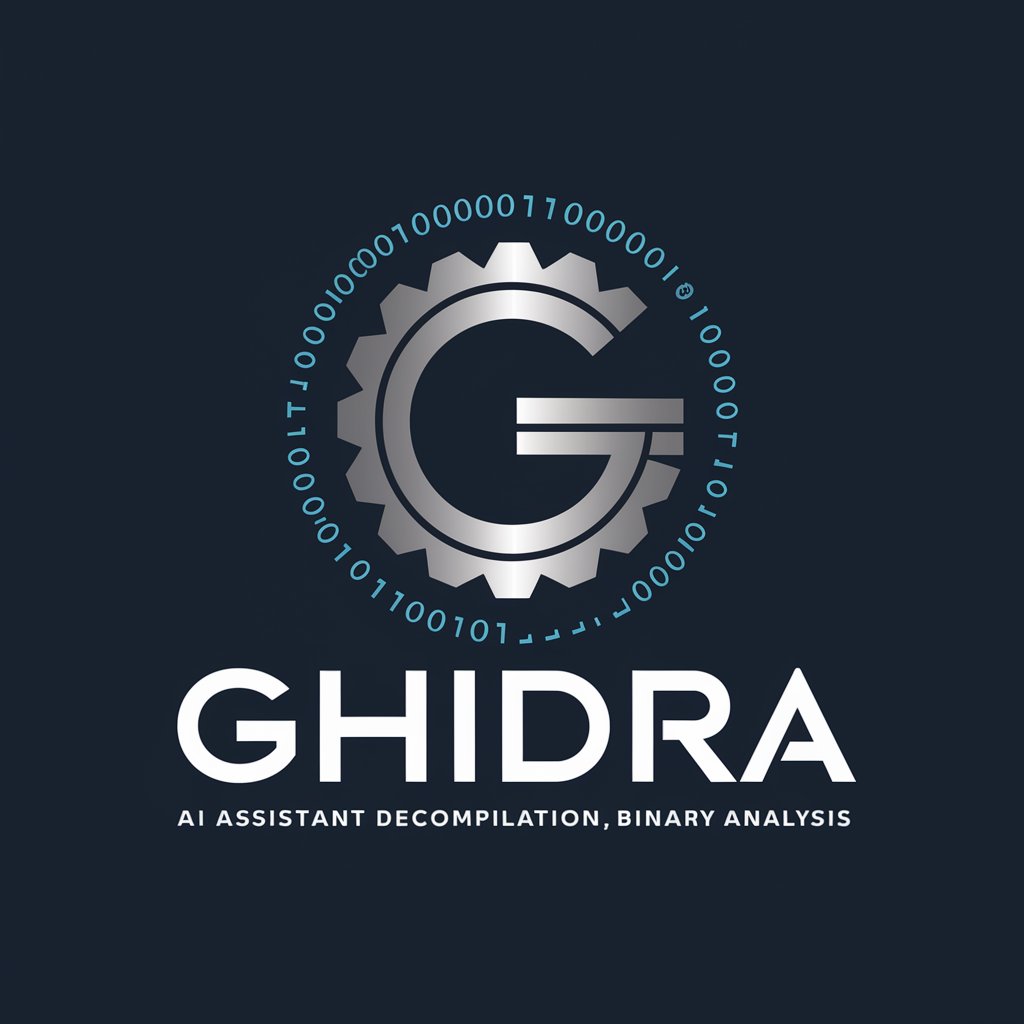
Reverse Engineering Expert
Decipher, Analyze, Innovate - AI-Powered Reverse Engineering
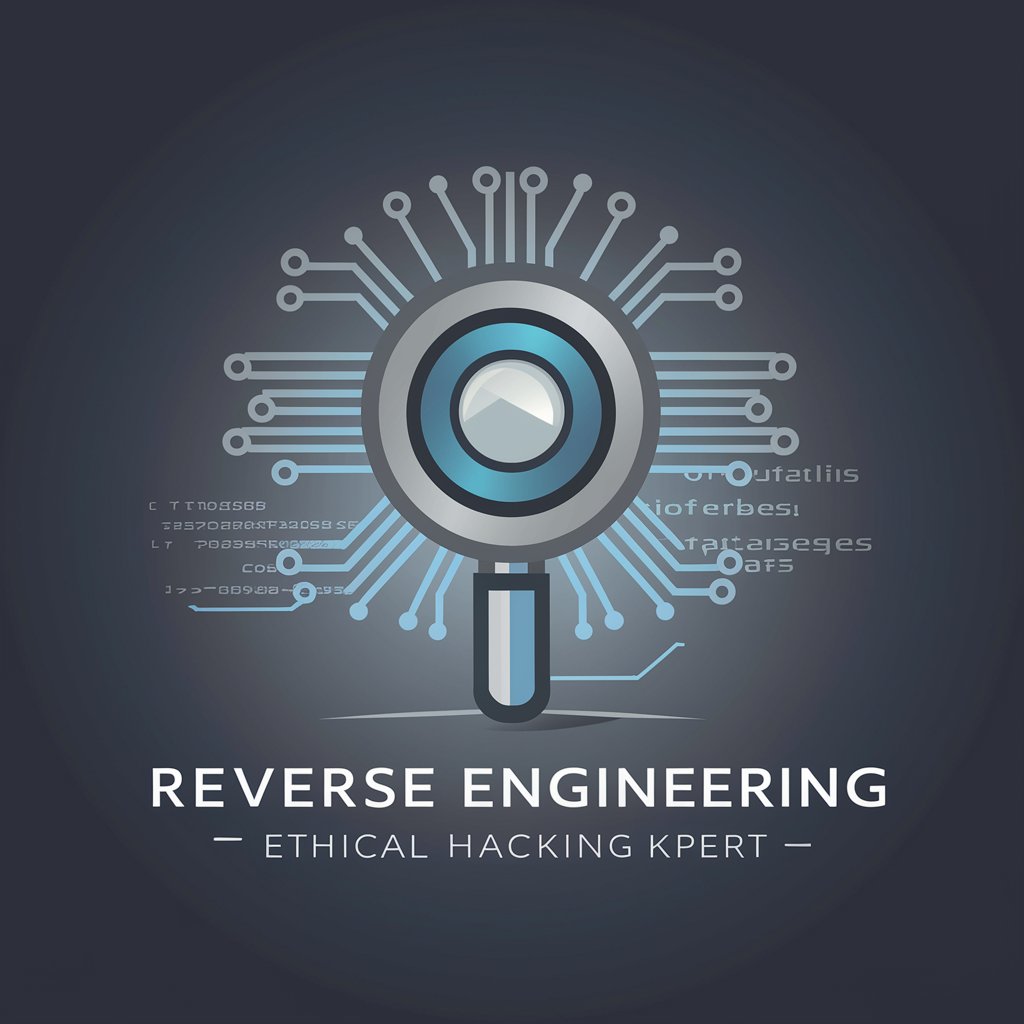
GaboRE
Deciphering Malware with AI
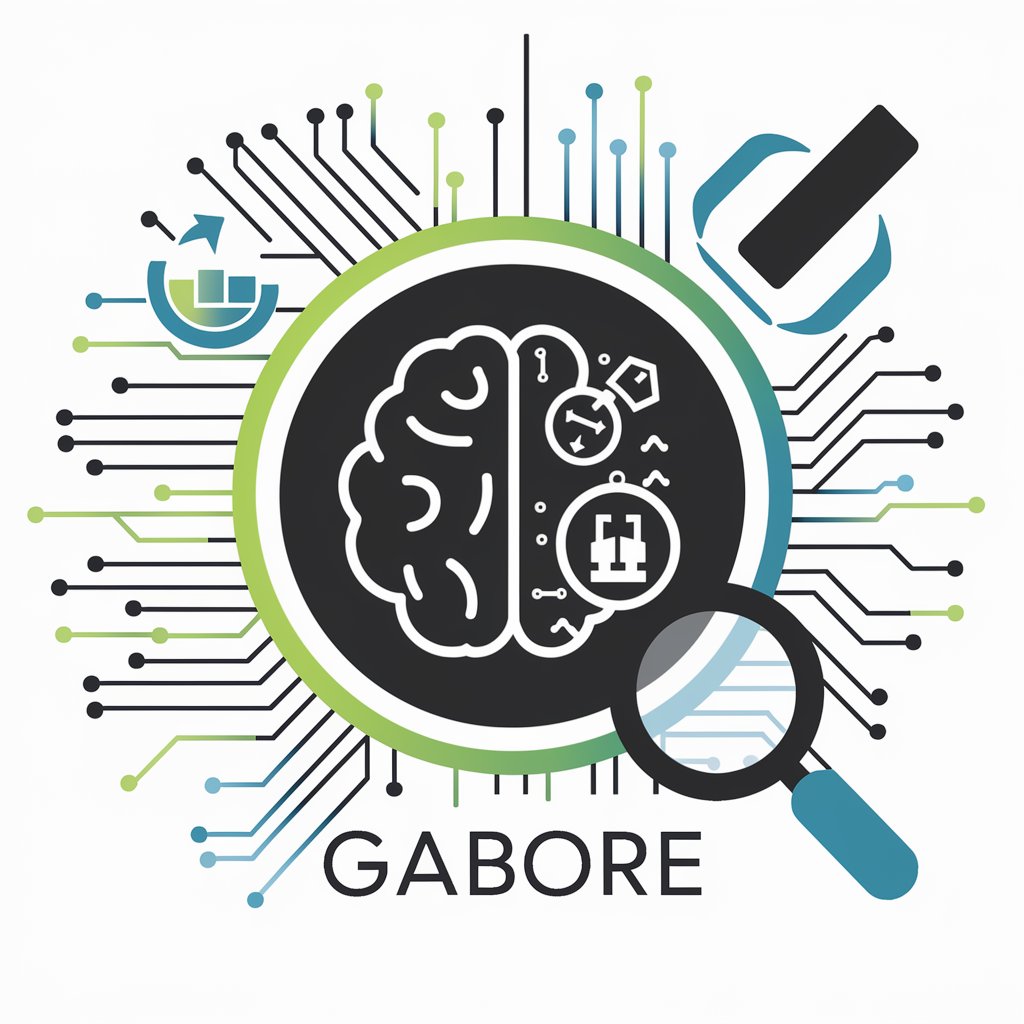
ask_ida/plugins
Empowering Your IDA Experience with AI

HatGPT
Empowering cybersecurity learning with AI
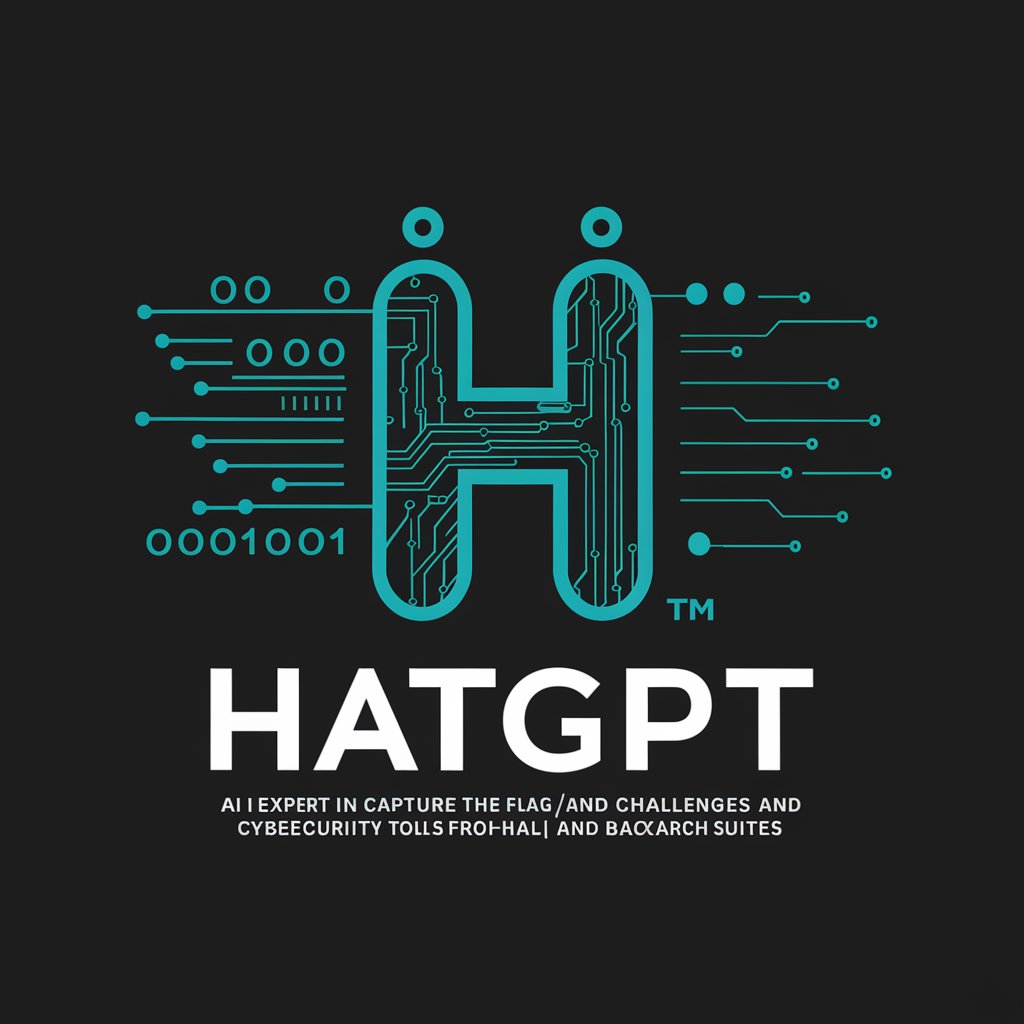
ask_ida/Python
AI-Powered IDA Pro Scripting Assistant

Shellus
Empowering Cybersecurity with AI

IdaCode Potato
Clarify Code with AI-Powered Insights
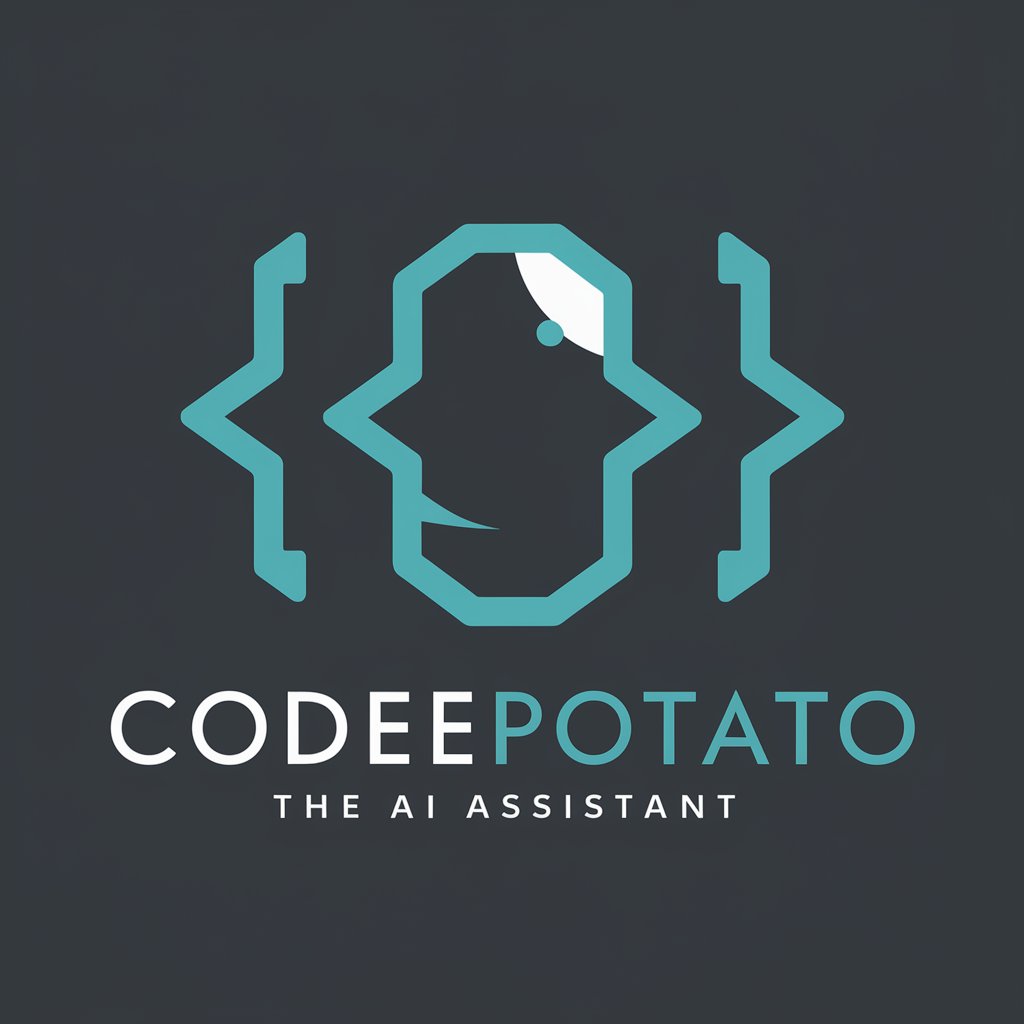
Your Friendly Teardown Robot
Dissecting Technology, Unveiling Innovations

Ghidra Ninja
Enhancing Code Clarity with AI-Powered Decompilation

RadareGPT
Empowering Reverse Engineering with AI
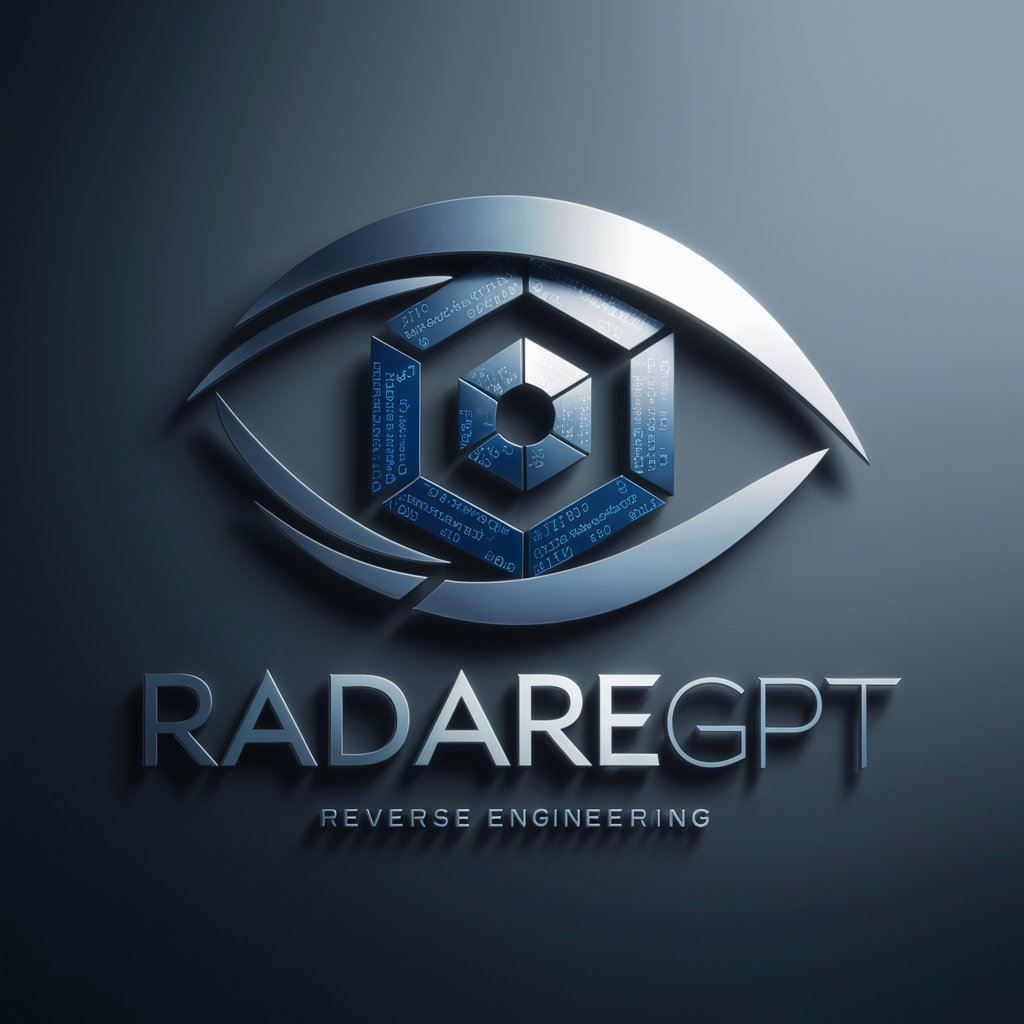
ask_ida/c++
Empowering Reverse Engineering with AI

OneMalwareSentinel
Decoding Malware, Empowering Defenders

Key Attributes of AI GPTs in Reverse Engineering
AI GPTs for Reverse Engineering offer a wide range of capabilities, from automated code analysis and documentation generation to the simulation of systems for testing purposes. These tools excel in language learning, allowing them to understand and generate technical documentation, as well as in technical support, with the ability to answer queries related to reverse engineering processes. Their web searching capabilities enable the gathering of relevant information across a myriad of sources, while image creation and data analysis features assist in visualizing and interpreting complex data structures or circuit designs.
Who Benefits from Reverse Engineering AI GPTs?
These AI tools are designed for a diverse audience, ranging from novices in the field of reverse engineering who require guidance and easy-to-understand explanations, to developers and professionals seeking to deepen their understanding or enhance their workflows. The adaptability of these tools means they are accessible to those without programming skills, offering user-friendly interfaces, while also providing robust customization options for users with advanced technical knowledge.
Try Our other AI GPTs tools for Free
Improvisational Storytelling
Explore the world of AI-powered Improvisational Storytelling with GPT tools, designed to spark creativity and innovation in narrative creation for writers, developers, and content creators.
Competitive Gaming
Explore AI GPT tools tailored for Competitive Gaming, enhancing strategies, skills, and insights for players and teams. Discover how these advanced AI solutions can transform your gaming experience.
Pokémon Research
Discover how AI GPT tools revolutionize Pokémon Research by offering adaptable, sophisticated solutions for fans, developers, and researchers alike.
Gaming
Unlock the potential of gaming with AI GPTs, where innovative technology meets creativity to enhance narratives, player engagement, and development insights.
Animation
Discover how AI GPTs for Animation are transforming the animation industry with innovative, efficient solutions designed for creators at all levels. Explore their unique capabilities and how they can enhance your animation projects.
Creative Art
Discover how AI GPTs for Creative Art are revolutionizing the creative process, offering versatile tools for artists, writers, and creators to explore new horizons of creativity.
Expanding Horizons with AI GPTs in Reverse Engineering
Beyond their core functionality, AI GPTs for Reverse Engineering open up new possibilities for innovation and efficiency in various sectors. These tools not only make reverse engineering more accessible but also foster a deeper understanding of complex systems, encouraging exploration and discovery. Their user-friendly interfaces and integration capabilities further allow for seamless adoption into existing projects and workflows, democratizing access to advanced reverse engineering techniques.
Frequently Asked Questions
What exactly is AI GPT for Reverse Engineering?
It is a specialized AI tool designed to assist in deconstructing complex systems into more understandable components, leveraging machine learning to automate and enhance the reverse engineering process.
How can AI GPTs improve reverse engineering?
By automating analysis, generating documentation, and providing insights into system structures, AI GPTs can significantly reduce the time and expertise required for reverse engineering tasks.
Do I need programming skills to use these AI GPT tools?
No, these tools are designed to be user-friendly and accessible to individuals without programming expertise, although programming knowledge can enhance the use and customization of the tool.
Can AI GPTs for Reverse Engineering support hardware analysis?
Yes, these tools can analyze hardware components by understanding schematics and circuit designs, assisting in the reverse engineering of physical devices.
Are there customization options available for professionals?
Absolutely. Professionals can customize these AI GPT tools for specific tasks, tailoring the functionality to suit complex reverse engineering needs.
How do these tools handle web searching for reverse engineering?
AI GPTs can autonomously search the web for information, documentation, and resources related to the reverse engineering process, compiling and synthesizing information to assist users.
Is it possible to integrate AI GPTs with existing systems?
Yes, these tools are designed to be integrated with existing systems or workflows, enhancing their capabilities with AI-driven insights and automation.
What are the privacy and security considerations?
Users should consider data privacy and security policies of the AI GPT tools, especially when working with sensitive or proprietary information, ensuring that the tools comply with relevant regulations and standards.